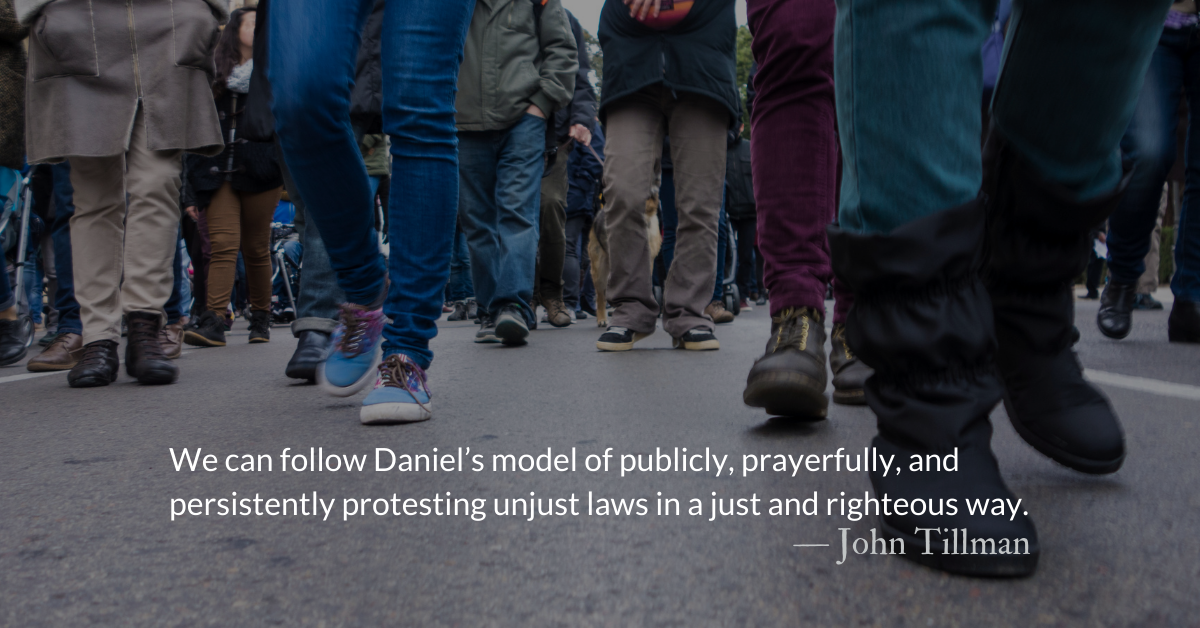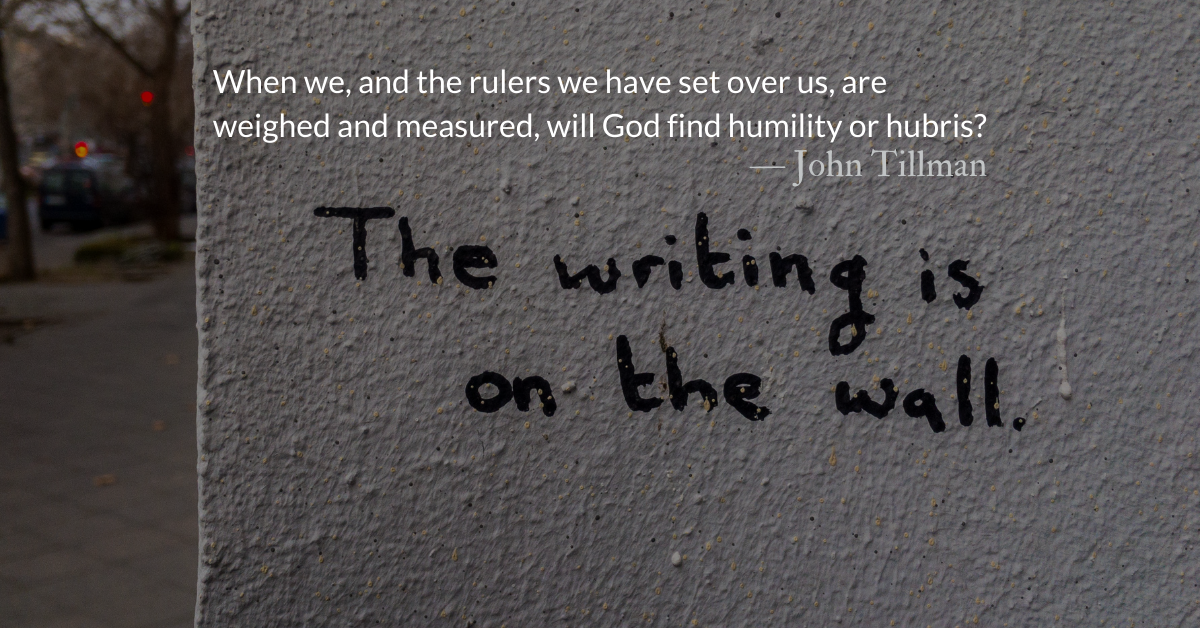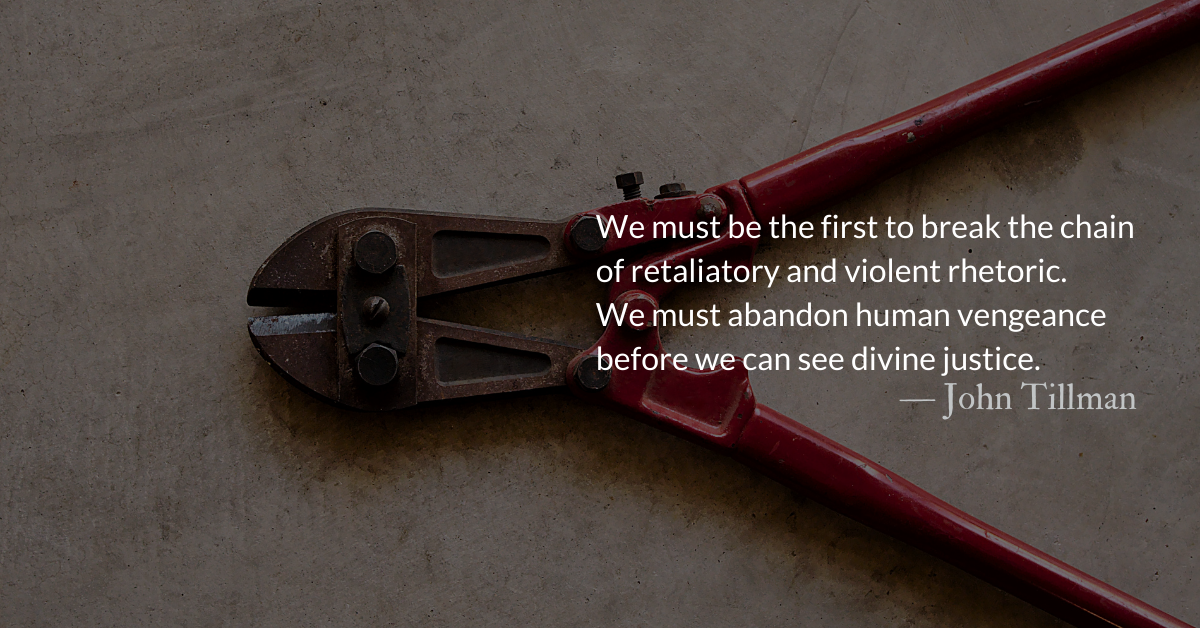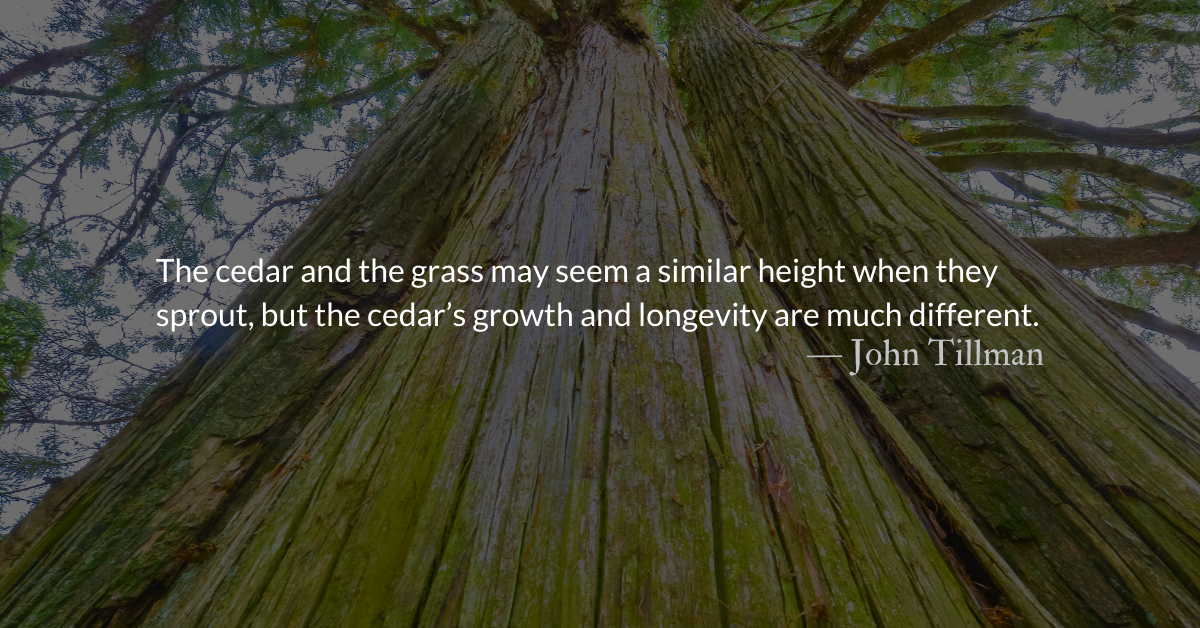Scripture Focus: Daniel 7.1, 13-14
In the first year of Belshazzar king of Babylon, Daniel had a dream, and visions passed through his mind as he was lying in bed. He wrote down the substance of his dream.
13 “In my vision at night I looked, and there before me was one like a son of man, o coming with the clouds of heaven. He approached the Ancient of Days and was led into his presence. 14 He was given authority, glory and sovereign power; all nations and peoples of every language worshiped him. His dominion is an everlasting dominion that will not pass away, and his kingdom is one that will never be destroyed.
Psalm 115.2-8
2 Why do the nations say,
“Where is their God?”
3 Our God is in heaven;
he does whatever pleases him.
4 But their idols are silver and gold,
made by human hands.
5 They have mouths, but cannot speak,
eyes, but cannot see.
6 They have ears, but cannot hear,
noses, but cannot smell.
7 They have hands, but cannot feel,
feet, but cannot walk,
nor can they utter a sound with their throats.
8 Those who make them will be like them,
and so will all who trust in them.
Reflection: Visions of Perspective
By John Tillman
The book of Daniel is not in chronological order. These visions of beasts begin during the first year of Belshazzar’s reign but we don’t read of them until after hearing of Belshazzar’s fall and of Darius who replaced him.
These shocking visions, revealing the fall of Babylon and many other kingdoms, were so terrifying to Daniel that he was disturbed in spirit and physically exhausted for days. They seem to have changed him.
The Daniel entering Belshazzar’s feast in chapter five is no longer the Daniel from chapter four, who gave an emotional, pleading warning to Nebuchadnezzar. Years have passed. Daniel has seen things. He is older and more experienced. He’s seen his friends persecuted, his warnings ignored, and visions that terrified him. He is perhaps a bit cynical about the current state of the government. (Many of us perhaps can identify with that.)
Daniel showed concern and fear when telling Nebuchadnezzar of his coming fall into madness, but he does not shy away from directly rebuking Belshazzar. The change is dramatic.
Daniel is no longer the bright young man attempting to prove himself or please the king. He bluntly throws Belshazzar’s offer of gifts back in his face. After all he has seen, he doesn’t need gifts to tell the truth. He doesn’t fear for his life after seeing the history of the world spun out into eternity.
Daniel knows that this kingdom he has been working to prosper is about to fall. What good is Belshazzar’s offer of being the third highest ruler in the kingdom, when that kingdom will end before the sun comes up? What threat is being thrown to Darius’s lions after beholding the beasts of the future of the world?
More importantly, Daniel knows that, in the scope of the great beasts and the timeline he has witnessed, Belshazzar, Darius, and Cyrus are, at best, tiny horns on the beasts of history. Belshazzar, in particular, is an inferior level of the statue from Nebuchadnezzar’s disturbing dream.
After seeing the Ancient of Days and the Son of Man, how can Daniel be impressed by or cower before a human king? Oh that such a change of perspective could come over us.
Oh, Son of Man, enthroned!
Oh, Ancient of Days!
May kings of earth be strangely dimmed
In the light of your glorious face.
Divine Hours Prayer: The Greeting
Who is like you, Lord God of hosts? O mighty Lord, your faithfulness is all around you.
Righteousness and justice are the foundations of your throne; love and truth go before your face — Psalm 116.8
– Divine Hours prayers from The Divine Hours: Prayers for Autumn and Wintertime by Phyllis Tickle
Today’s Readings
Daniel 7 (Listen – 5:21)
Psalm 114-115 (Listen – 2:18)
Read more about Weighed and Found Wanting
We also hold in our hands wealth and power that we think we gained for ourselves but which came from God.
Read more about Truth Unwanted :: A Guided Prayer
Jesus, you are the king, the gift, and the truth that the world does not want.











